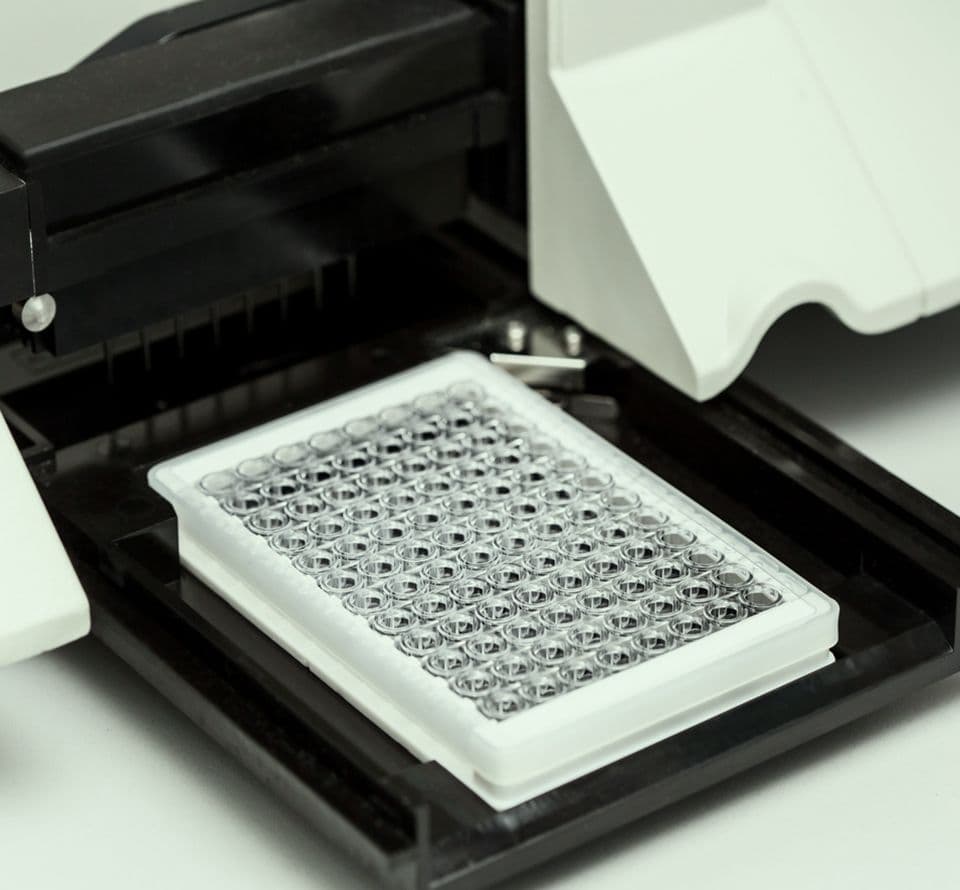ATPase & GTPase Assay Kit
Measure real-time kinetics of ATP or GTP hydrolysis using Cyto’s Enzyme-Linked Inorganic Phosphate Assay (ELIPA) kit.
- Versatile - applicable to a wide range of ATP/GTP hydrolyzing enzymes-Ras superfamily, myosins, kinesins, translation elongation factor 1A (eEF1A), and more.
- Simple - continuous detection of phosphate release via a direct 360 nm absorbance increase.
- Reliable - quantitative kinetics-ideal for streamlined analysis of dynamic enzymology studies.
Measure real-time kinetics of ATP or GTP hydrolysis using Cyto’s Enzyme-Linked Inorganic Phosphate Assay (ELIPA) kit.
- Versatile - applicable to a wide range of ATP/GTP hydrolyzing enzymes-Ras superfamily, myosins, kinesins, translation elongation factor 1A (eEF1A), and more.
- Simple - continuous detection of phosphate release via a direct 360 nm absorbance increase.
- Reliable - quantitative kinetics-ideal for streamlined analysis of dynamic enzymology studies.
